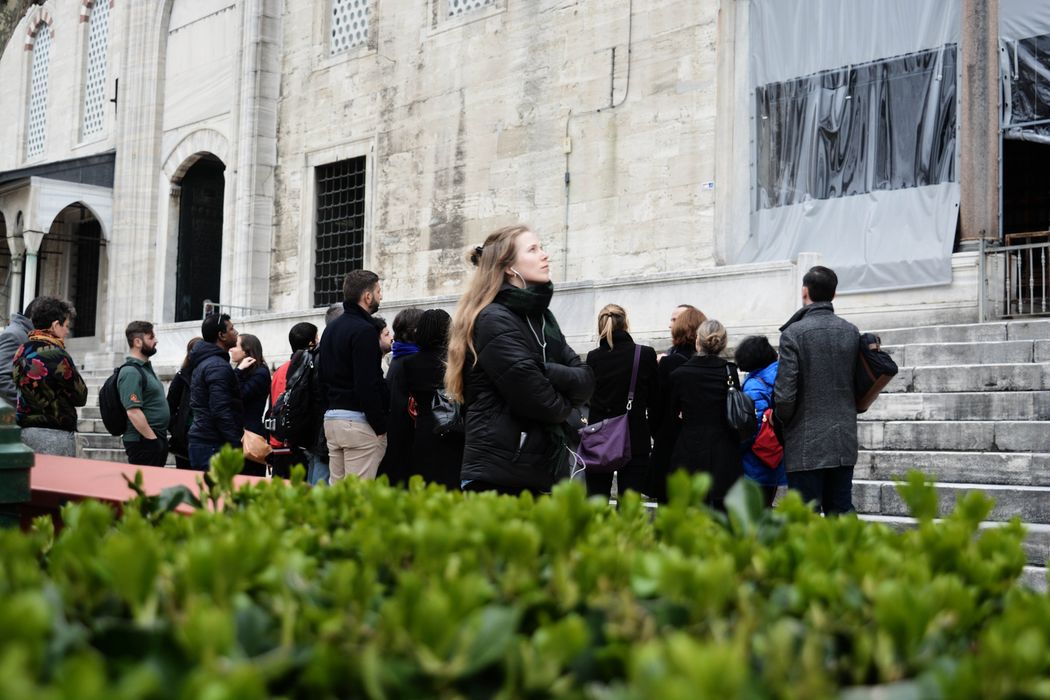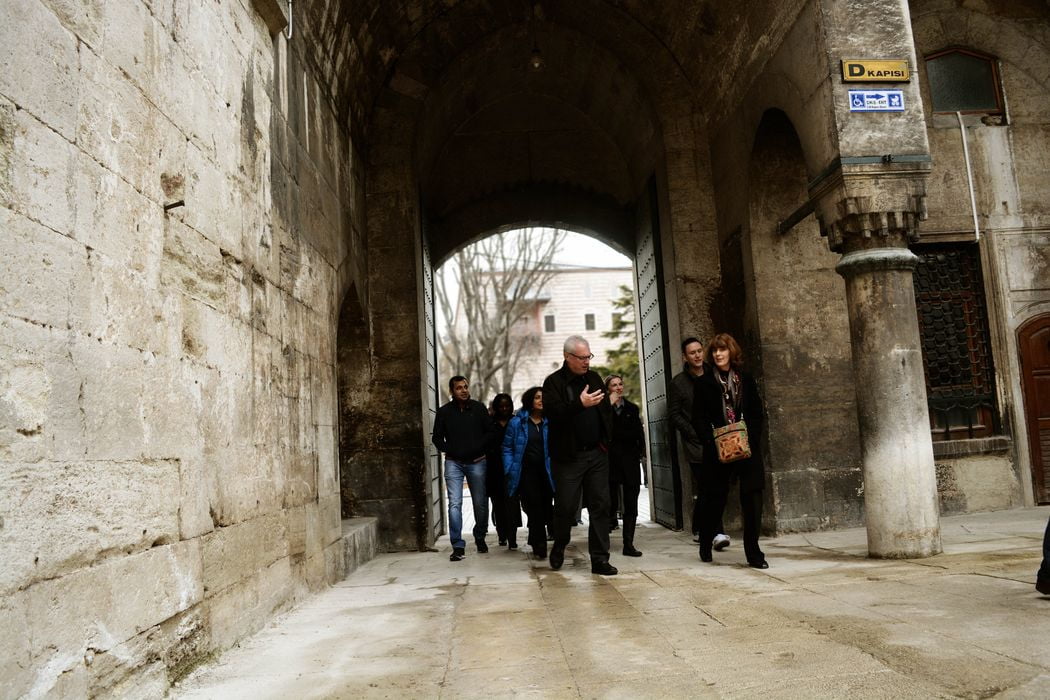When I first undertook the work, the late Dr. W. H. D. Rouse gave me sound advice, and as I neared the end, Professor Arthur E. Gordon, of the University of California, offered some valuable criticism. To both of them I am deeply indebted. Needless to say, none of these gentlemen can be held responsible for the imperfections which must creep into so long a work.
Above all I am grateful to Professor J. M. Hussey, who not only consented to write the Introduction to this book, but found time to revise my notes, added the short bibliography, and made some useful suggestions which improved the text.
INTRODUCTION
Gibbon’s legend of a decadent East Roman Empire dies hard in ordinary English circles. But research of the last half century should by now have made it abundantly clear that Byzantine civilization can hold its own in the medieval world. That is not to deny that it had its ups and downs and changed a good deal in character in the course of more than a thousand years. The eleventh century, in which Michael Psellus lived, was a crucial time, not because of the fact of its acute political difficulties — after all, the Empire had faced danger time and again — but because it was now brought up against certain new and ominous developments both within and without which it failed to control, and hence its total downfall in the fifteenth century may be traced back to this period.
Now and then Psellus shows partial understanding of such dangers, as for instance when he comments on the vital importance of Constantinople’s military defenses, but he could not foretell the gathering impetus of the western crusading movement which so violently disrupted Byzantine life in the Aegean world, nor did he realize that the Seljuk Turks were preparing the way for the almost complete loss of the Empire’s great storehouse, Asia Minor, or that the rumblings in the Balkans were to herald the growth and emancipation of the young Slav nations.
After all, he was living and writing in the heyday of the eleventh century when the disastrous turn in imperial fortunes was scarcely perceptible, and when Constantinople could still to some extent bask in the accumulated glories of the great days of the tenth century with its classical revival and its expansion of the frontiers. And indeed whatever weaknesses might have alarmed a discerning eye in the years to follow, satisfaction could always be found in the steady maintenance and development of cultural activities, certain aspects of which were passionately near to Psellus’s heart.
Read More about How Lazaro Served a Bulero part 4







